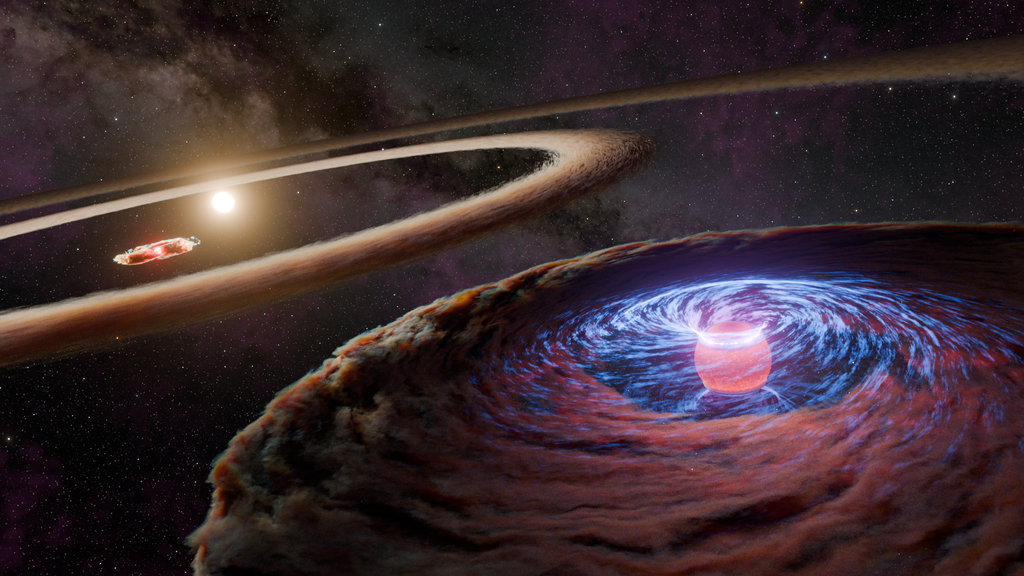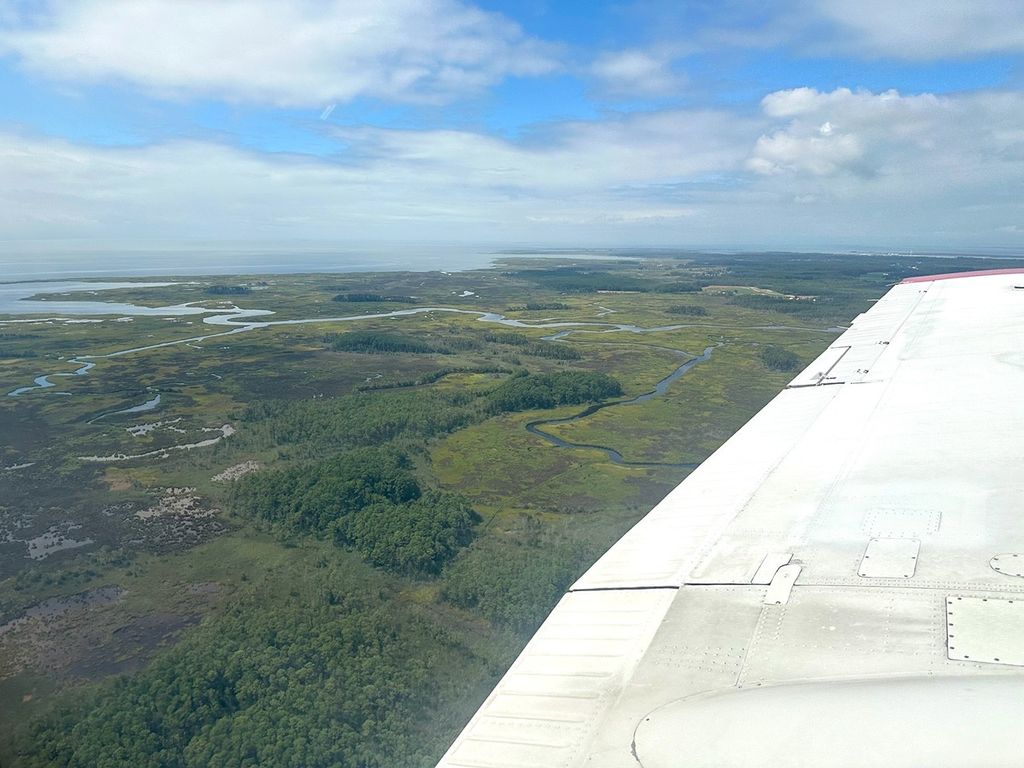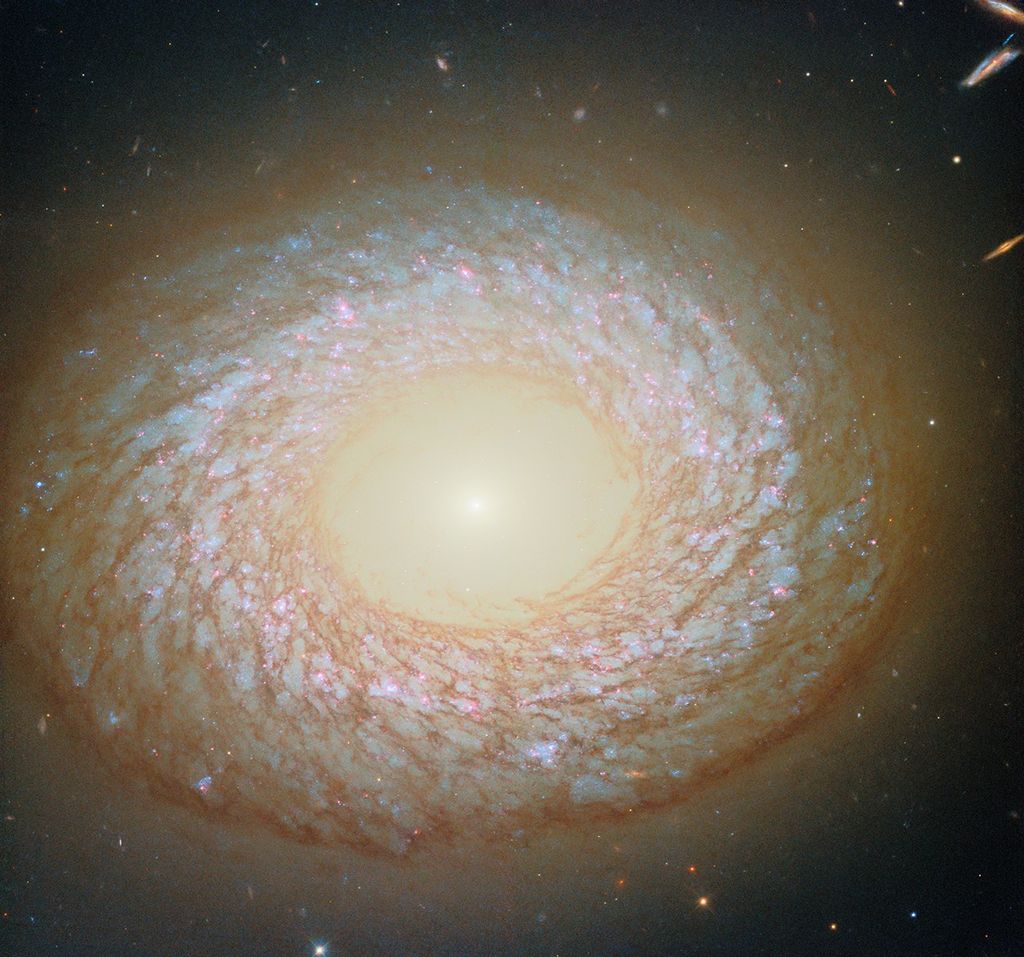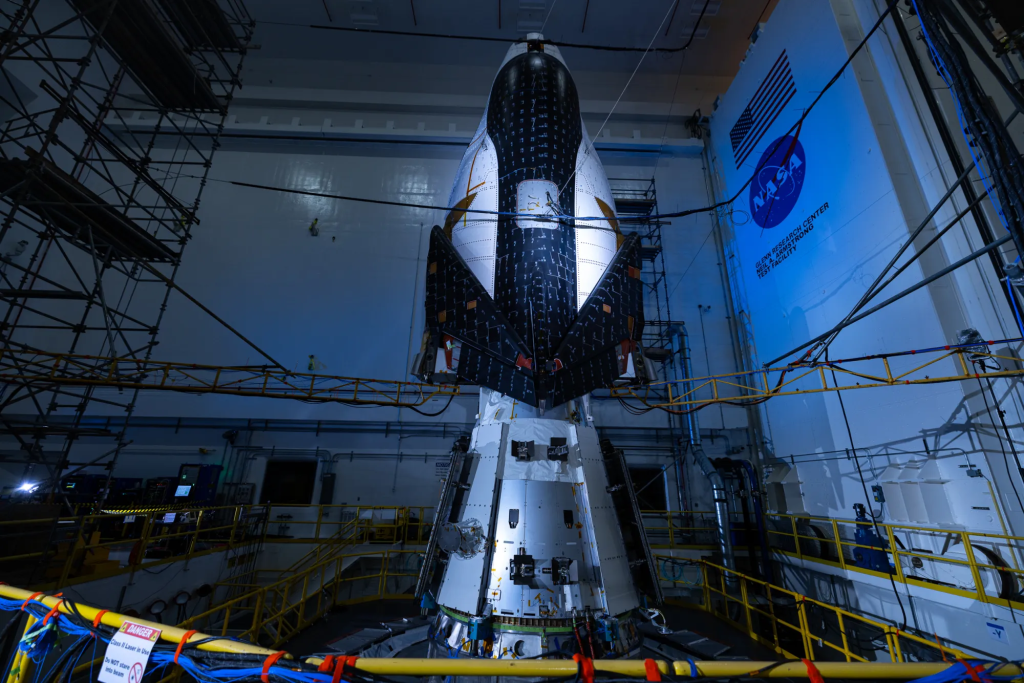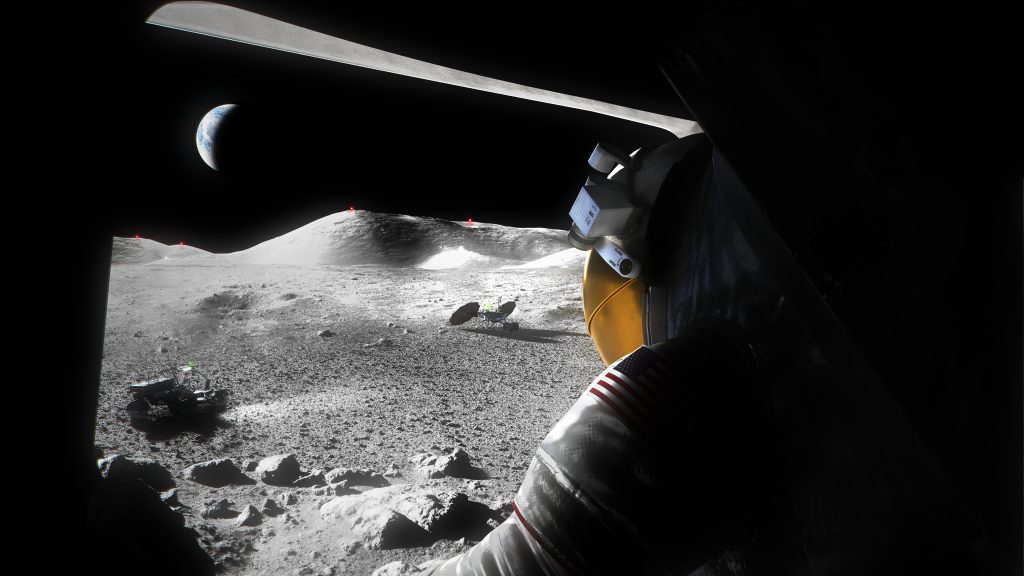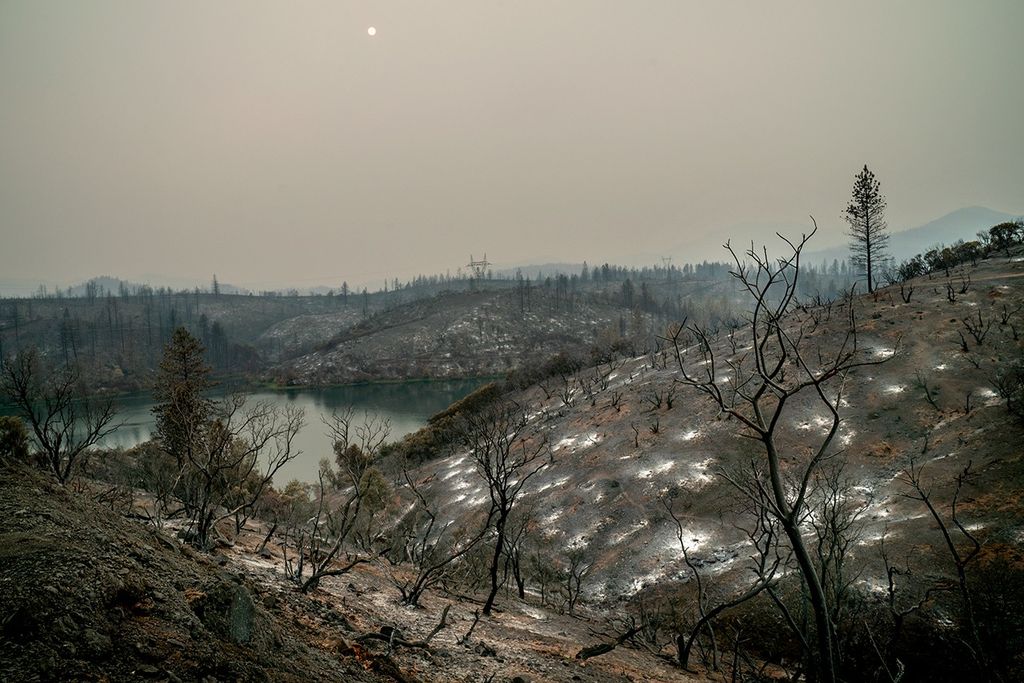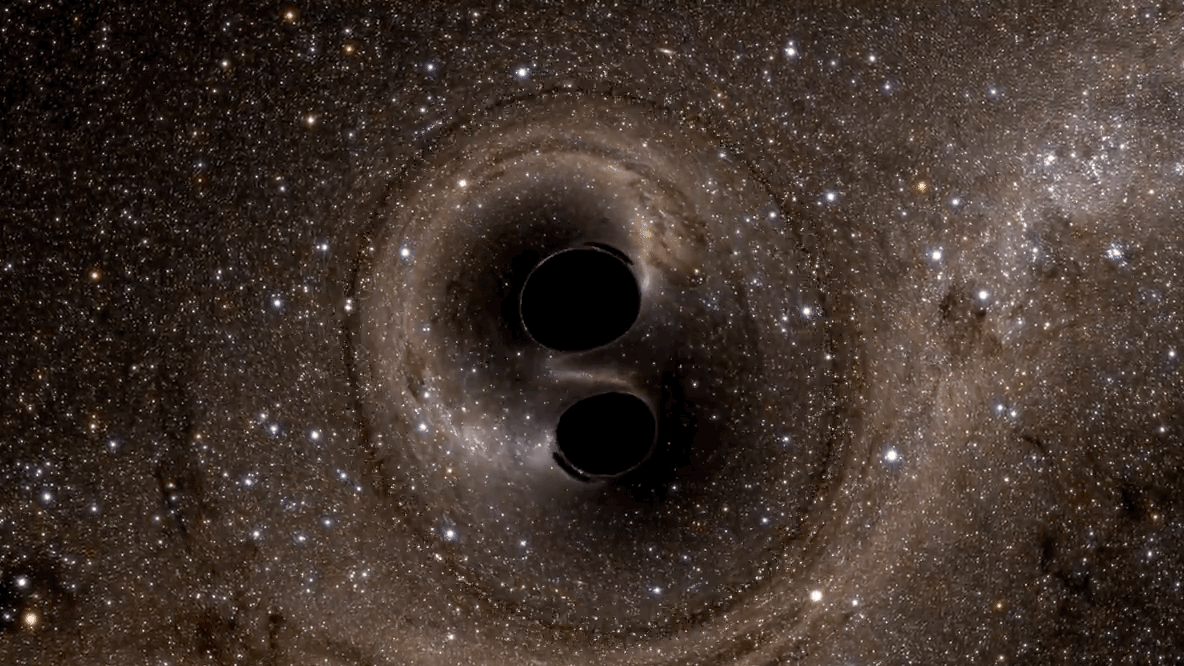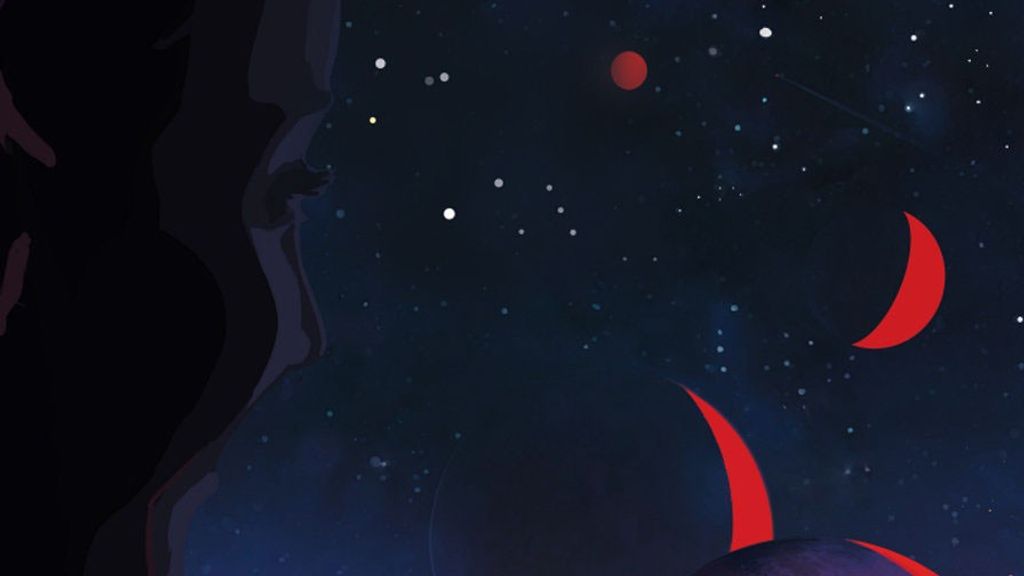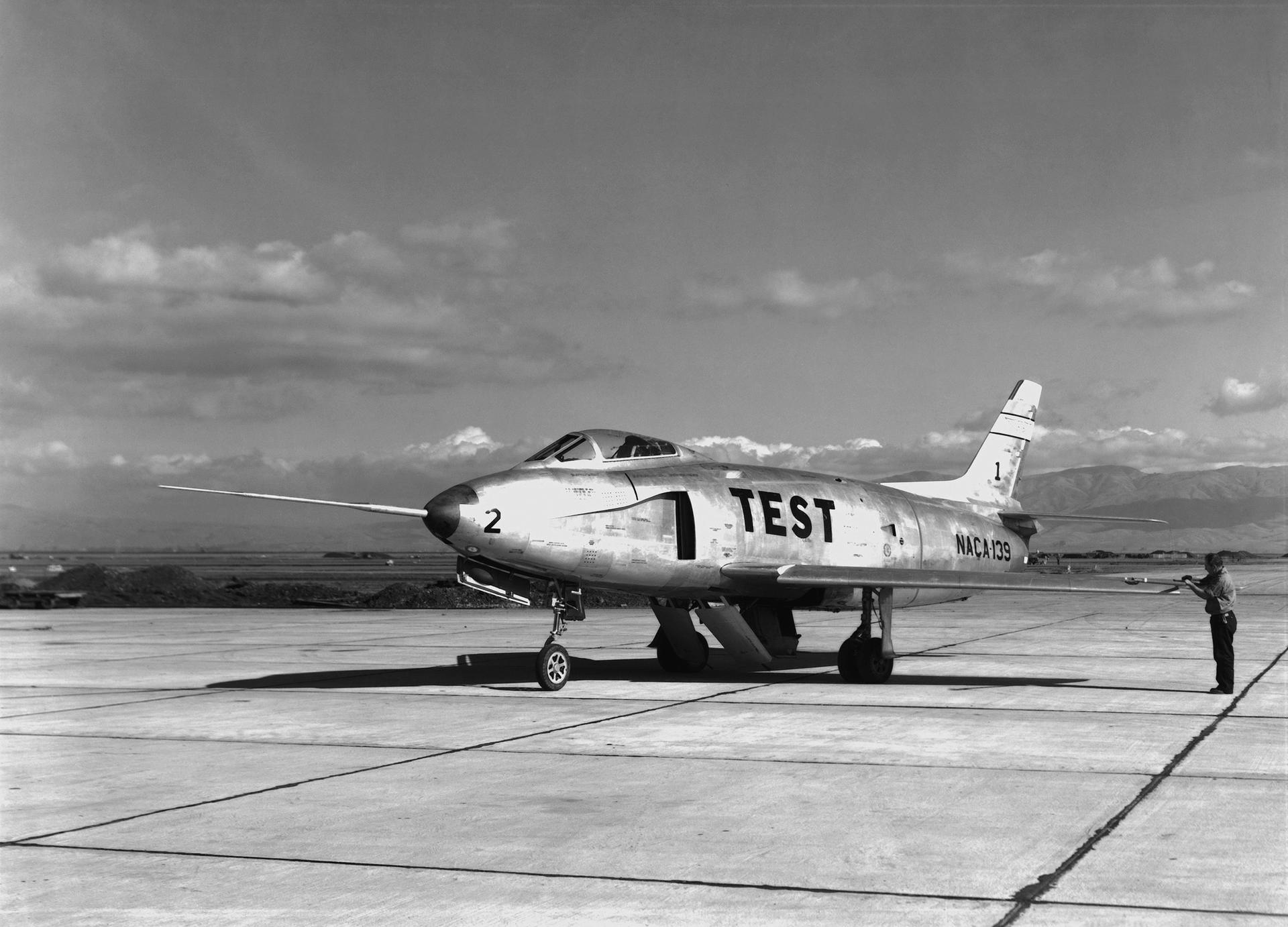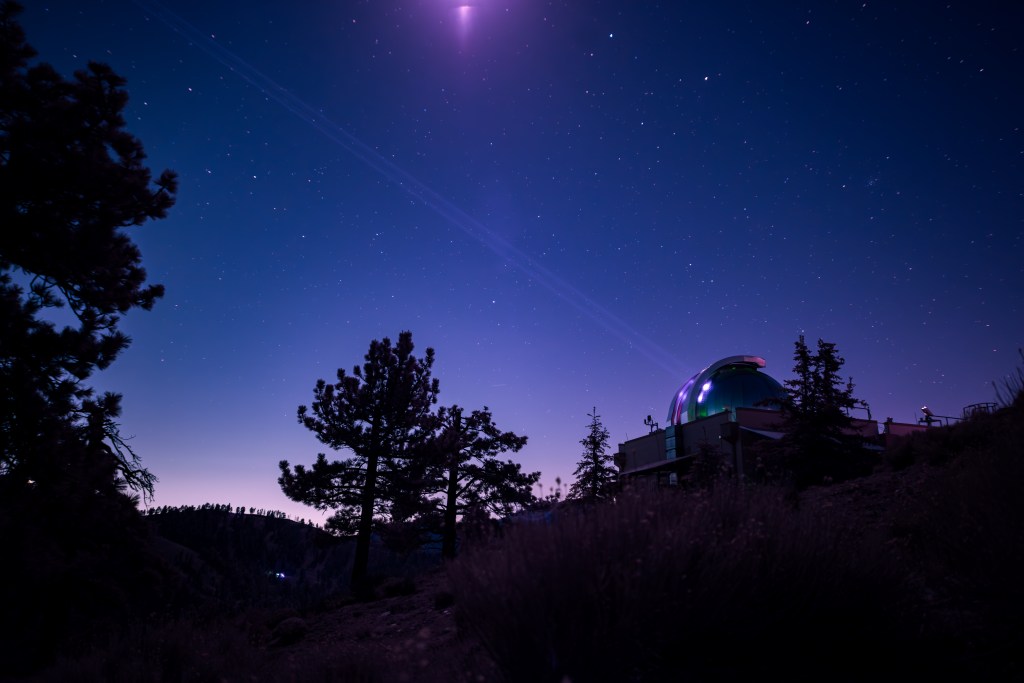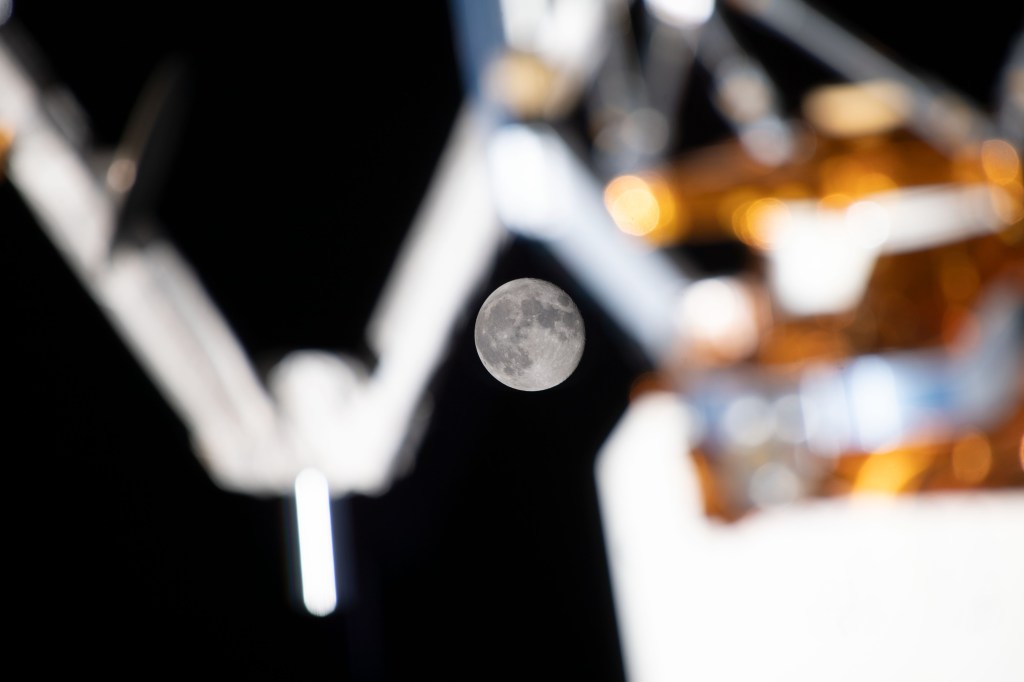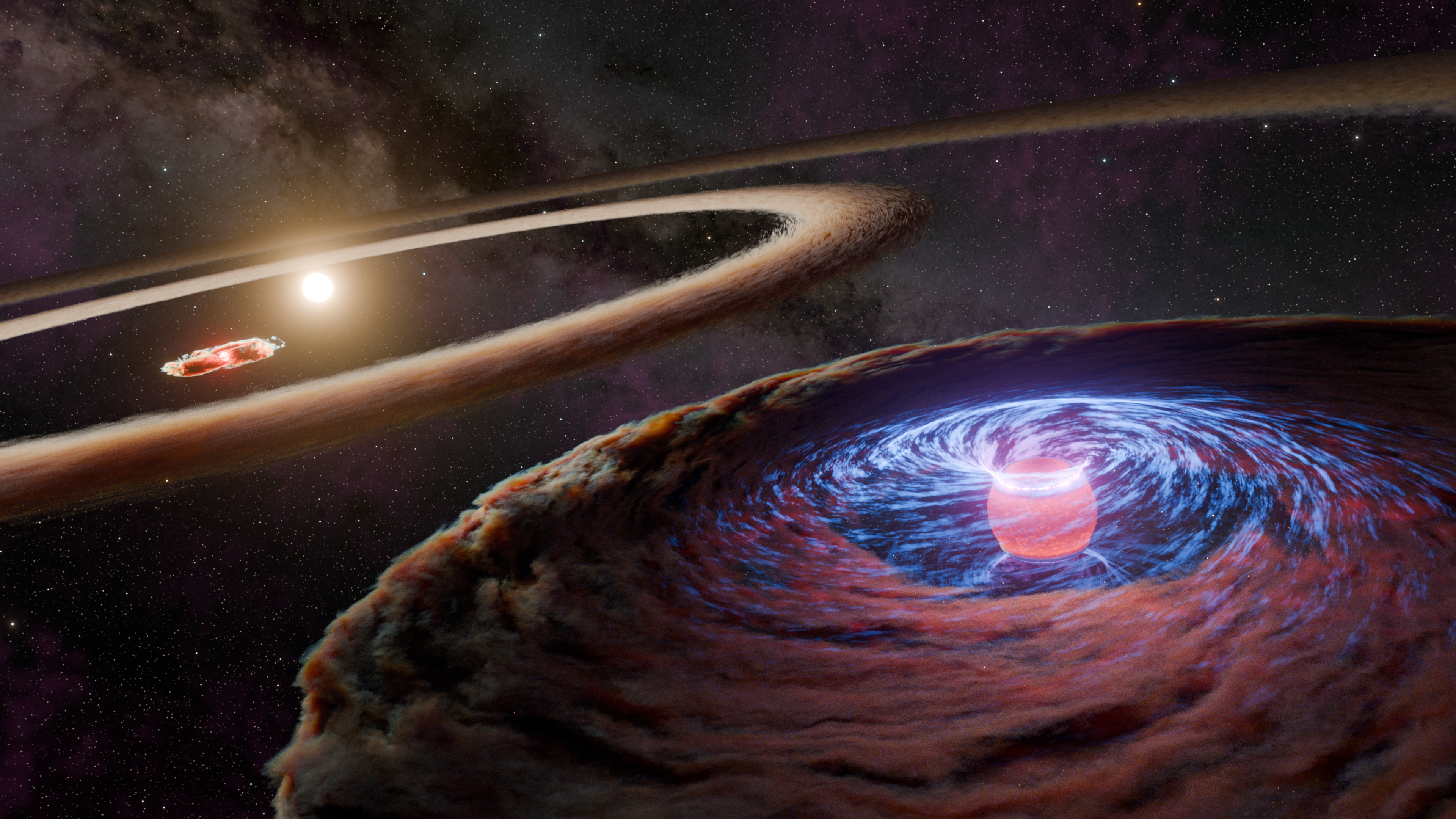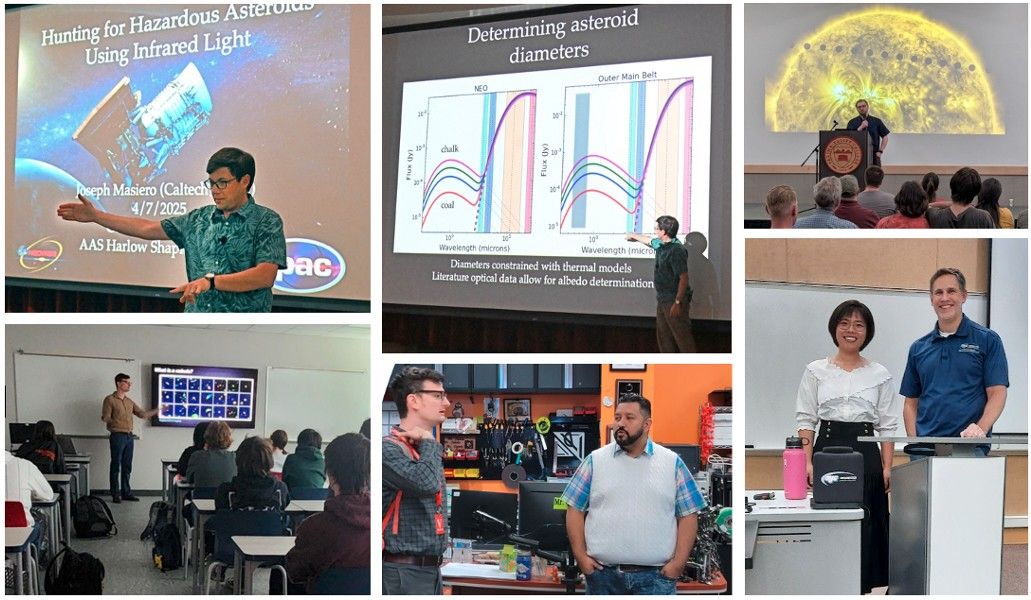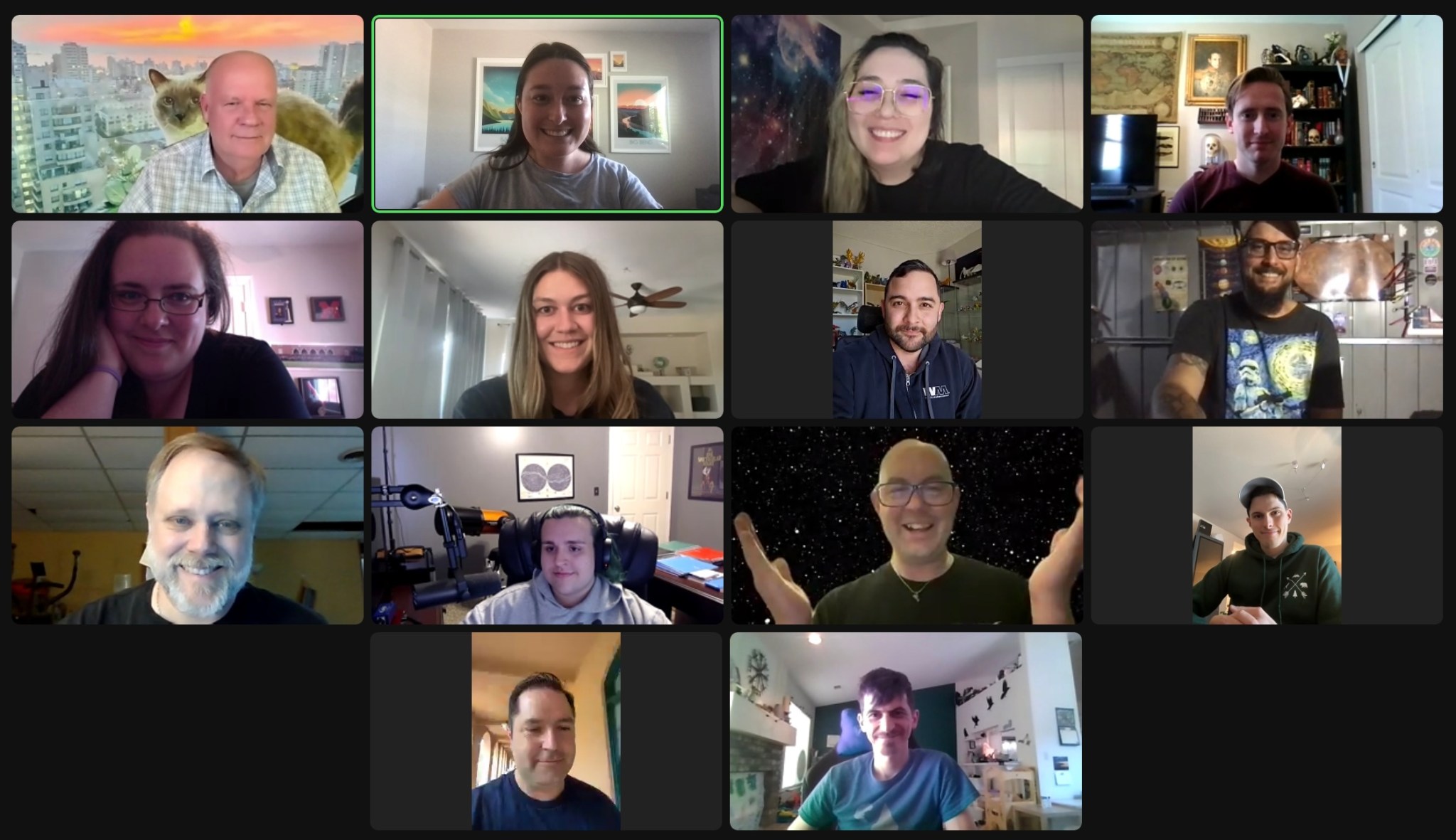
Exoplanets, planets outside of our own solar system, hold the keys to finding extraterrestrial life and understanding the origin of our own world. Now online students at Arizona State University (ASU) in a new course called Exoplanet Research Experience have become exoplanet scientists by taking part in NASA’s Exoplanet Watch project.
Fifteen students from ASU’s Astronomical and Planetary Sciences online degree program enroll in this course each year. These students analyze data on transits, events where the exoplanets block some of the light from their host stars. Each week, the class meets via Zoom to discuss progress, answer questions, and go over assignments. Students begin by completing a module from an online astrobiology course called Habitable Worlds, which is supported by NASA’s Infiniscope project. During the last 5 weeks of the course, students work to consolidate their work into a paper draft that is later submitted to a peer-reviewed journal with all of the students listed as co-authors.
“I think [the class] changed the course of my life…” said one student. “Not just in my confidence, but just knowing that people in the field have my back…I have tremendous support from them.”
“This course definitely helped kind of show what exactly scientists do and what the expectation is…especially for an online program, to have research opportunities is a great help…” another student said.
After participating in the course, students have gone on to participate in other research experiences, write their own first-author papers, participate in internships, and present their research at national astronomy conferences. An assessment of student outcomes was recently published in the Physics Review Physics Education Research Journal.
You don’t need to go to ASU to do real exoplanet research. Anyone can help collect and analyze exoplanet data through Exoplanet Watch, whether you own a telescope or just want to help analyze data. Visit the NASA Exoplanet Watch website to get started!

